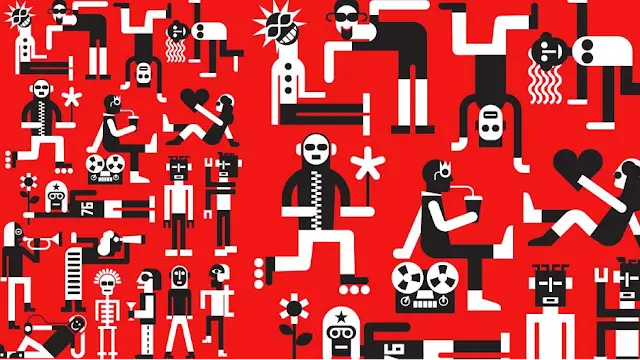In contemporary work environments, the emergence of negative behaviors over time can significantly detract from organizational health and even result in catastrophic outcomes. Such behaviors not only impair the mental and emotional well-being of employees but also adversely affect the overall performance and success of a business. Therefore, it is imperative for businesses to identify and address these issues to foster a positive and productive work environment.
Consider whether the following twelve behaviors are present in your organization:
- Preference for solitary work over smooth and efficient collaboration with colleagues.
- Prioritization of tasks based on personal benefit rather than collective goals.
- Execution of tasks according to individual methodologies rather than standardized procedures.
- Non-adherence to established regulations, instructions, and protocols.
- Promotion of personal views and needs above those of others.
- Exhibition of aggressive behaviors.
- Formation of cliques and engagement in psychological harassment.
- Lack of concern for the common good, with a focus on self-interest.
- Contribution to a toxic work environment.
- Creation of personal criteria for right and wrong, leading to the formulation of individual rules.
- Attribution of blame to others for personal shortcomings and poor performance.
- Resistance to or obstruction of change and improvement initiatives.
Current observations indicate significant weaknesses and issues within Cypriot companies, particularly concerning behaviors that impact employee performance within teams.
The negative repercussions of these behaviors are substantial, affecting several critical areas:
- Operational systems
- Industrial relations
- Quality and customer service
- Productivity and financial results
- Competitiveness
What underpins the success of teams and, by extension, organizations?
Research suggests that high-performing teams are more influenced by personality types than by knowledge and technical skills.
A photograph accompanying the article "Great Teams Are About Personalities, Not Just Skills" from the Harvard Business Review – HBR.

Recent studies have demonstrated that the success of teams and organizations is primarily attributable to the emotional intelligence and communication skills of their members. This conclusion is also supported by findings from Google, which emphasize identifying and nurturing the right individuals in the workplace.
A notable gap exists between perception and reality, as confirmed by research evaluating teams based on the following criteria:
- Results orientation
- Relationship focus
- Adherence to procedures and regulations
- Conscientious and responsible actions
- Initiative and sound judgement
- Active and logical thinking
Managerial estimates for these criteria.
Initial managerial estimates for these criteria often diverged significantly from actual outcomes, highlighting the decisive role of psychological factors over technical ones in determining individual and team performance levels.
In today's fast-paced and diverse work environment, employees at all levels must possess critical professional skills and behaviors to perform optimally, achieve outstanding results, and ultimately contribute to organizational success.
Thank you for engaging with this article.